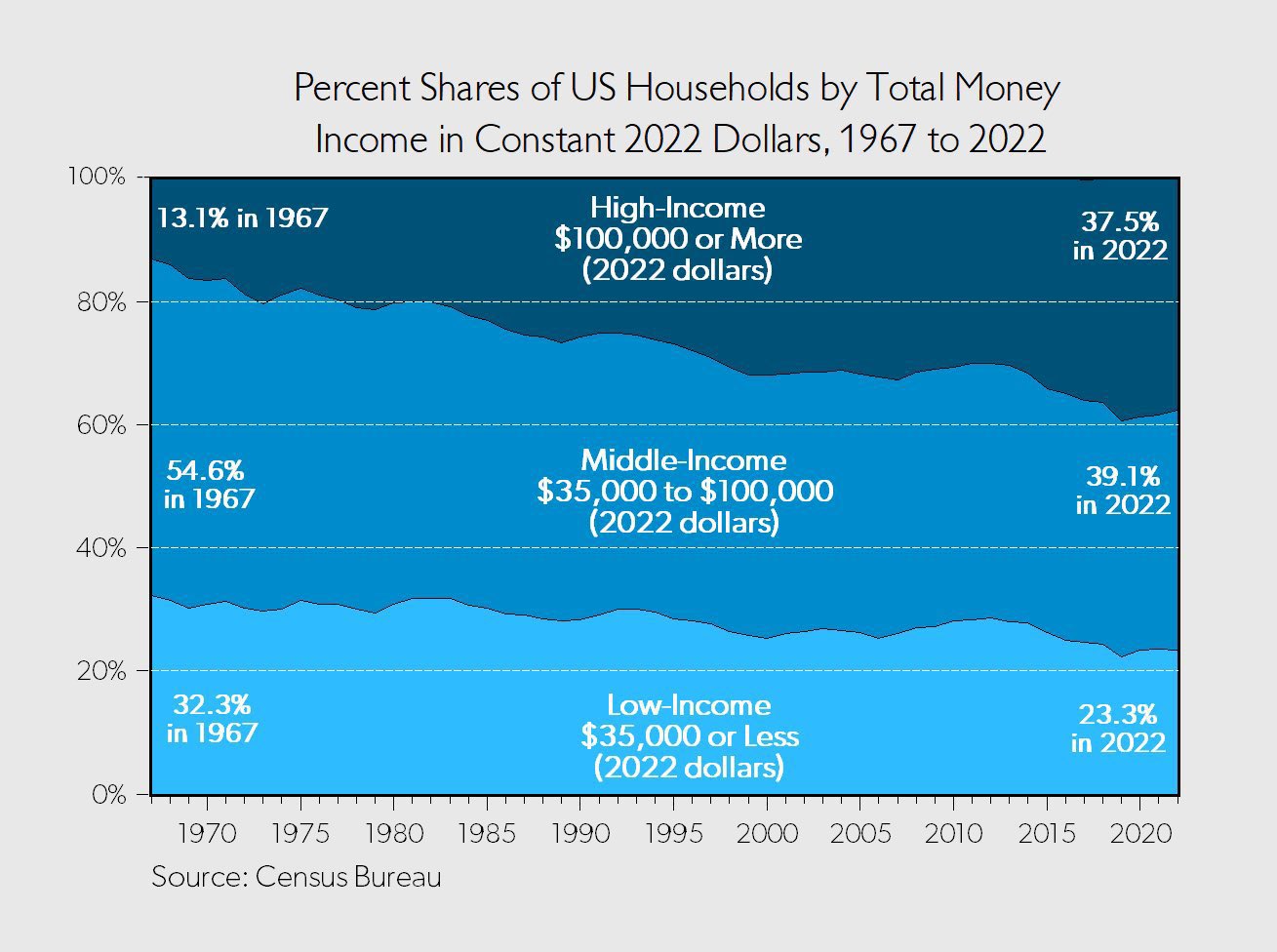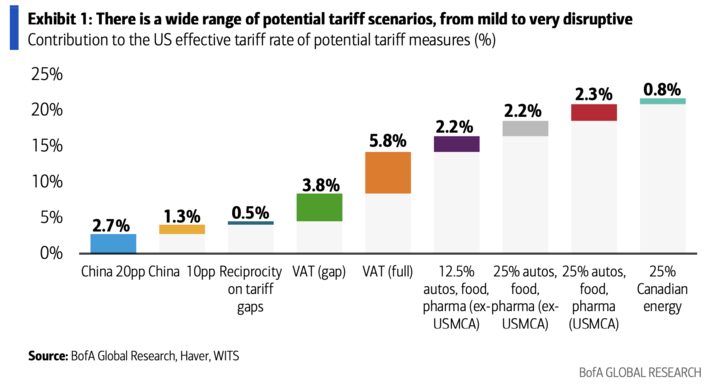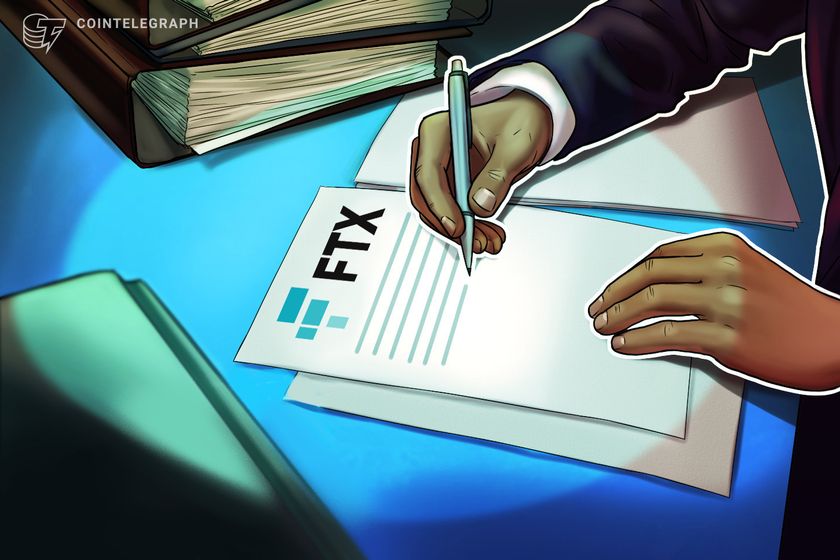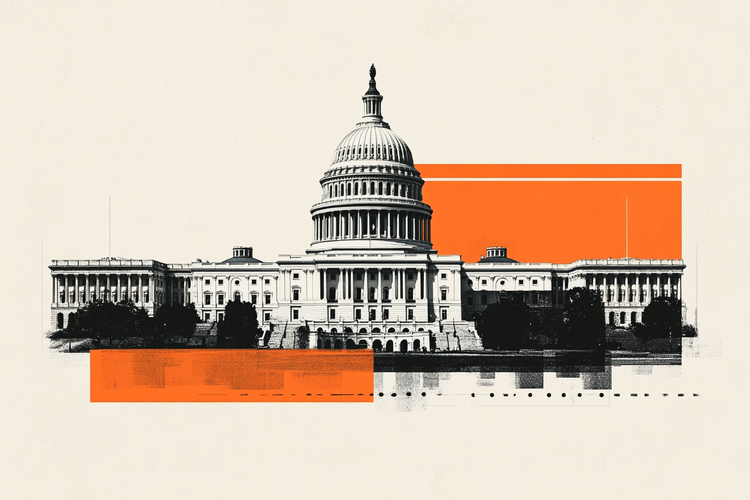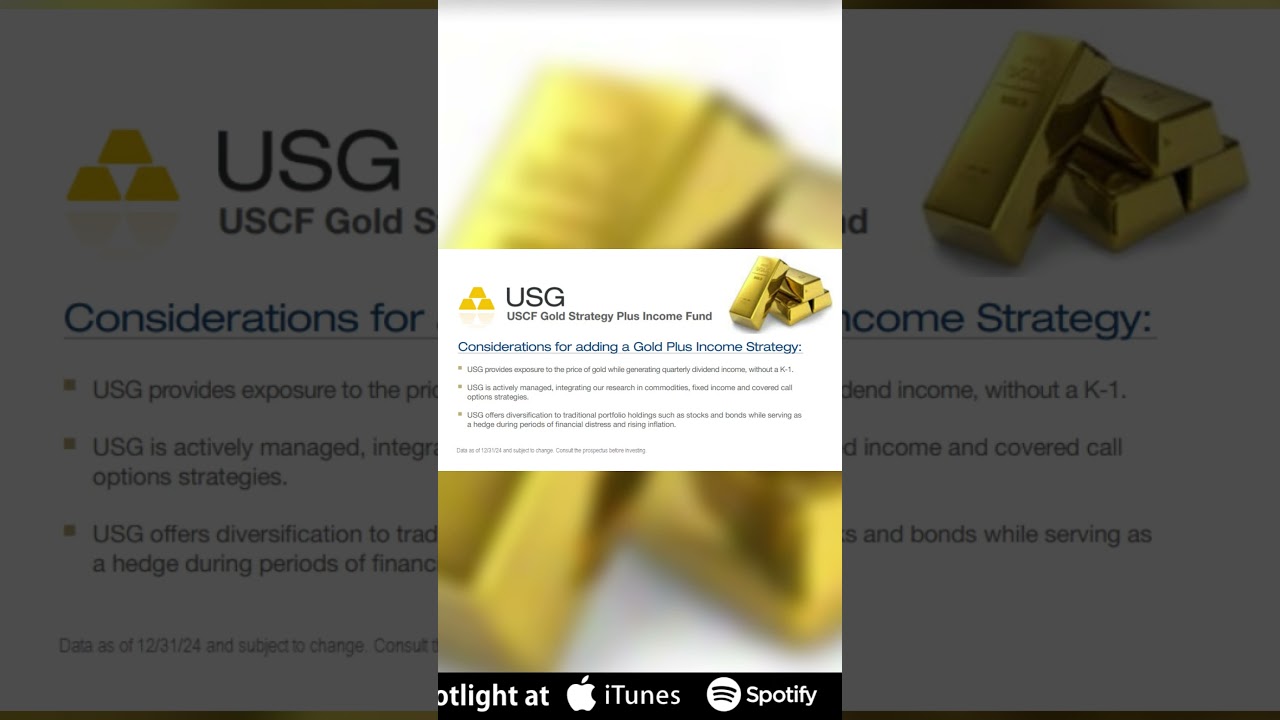78% of Workers Now Fear Inflation Will Erode Their Retirement Security
Inflation is on the top of many consumer’s minds. Higher prices make it more difficult to afford the necessities, and it can also whittle down retirement portfolios at a faster rate. The 2024 Retirement Confidence Survey highlights this concern, with 78% of workers fearing that inflation will erode their retirement security. It makes sense why […] The post 78% of Workers Now Fear Inflation Will Erode Their Retirement Security appeared first on 24/7 Wall St..

Inflation is on the top of many consumer’s minds. Higher prices make it more difficult to afford the necessities, and it can also whittle down retirement portfolios at a faster rate. The 2024 Retirement Confidence Survey highlights this concern, with 78% of workers fearing that inflation will erode their retirement security.
It makes sense why this fear is so prevalent. Inflation reduces the purchasing power of every dollar. People who want to follow the 4% withdrawal rule may have to withdraw a little more than that to keep up with expenses. High inflation may be with us for a little longer, and it’s good to prepare for that scenario. These are some of the strategies you can follow to minimize inflation’s impact on your retirement portfolio.
Key Points
-
Retirees are worried about inflation eating away at their retirement portfolios.
-
Following these five strategies can help you stay ahead of inflation.
-
Are you ahead, or behind on retirement? SmartAsset’s free tool can match you with a financial advisor in minutes to help you answer that today. Each advisor has been carefully vetted, and must act in your best interests. Don’t waste another minute; get started by clicking here here.(Sponsor)
Update Your Budget

It’s good to check on your budget every few months to make sure it reflects your current habits. You can also modify your budget based on changes to your monthly income and expenses.
While you still need the essentials, you can combat inflation by reducing your discretionary purchases. A good way to approach discretionary spending is to delay any purchase by 30 days. If you still feel a need to make the purchase after 30 days, you may make the purchase. However, you may forget about other products you wanted to purchase before 30 days.
Invest in Inflation-Protected Assets

Real estate and stocks can go up in value during periods of rising inflation. However, you can get respectable protection and a lower potential downside with a high-yield savings account. Some of these accounts offer 4.00% APY. Even after factoring taxes, that’s higher than the rate of inflation for most taxpayers (it depends on your tax rates since interest is treated as ordinary income).
These assets can keep up with the demands of higher inflation. If you also tighten your budget so you can contribute more money to these assets, you will be in a better position.
Downsize to a More Affordable Area

Retirees who live in areas with high costs of living get hit the hardest by inflation. That’s because expenses are already high as it is, and any additional costs will put more pressure on the budget.
One way you can get more mileage out of your retirement portfolio is by downsizing. Some people may move from a single-family house to a condo after the kids have moved out. You can also go to a different state that has a lower cost of living to save even more money.
You don’t always have to travel to another state to enjoy a lower cost of living. If you live near a city, you may find affordable homes that are 2-3 hours away from that city. While the city is less accessible, you can save a lot of money by moving further away from it.
Review Annuity and Social Security COLA Benefits
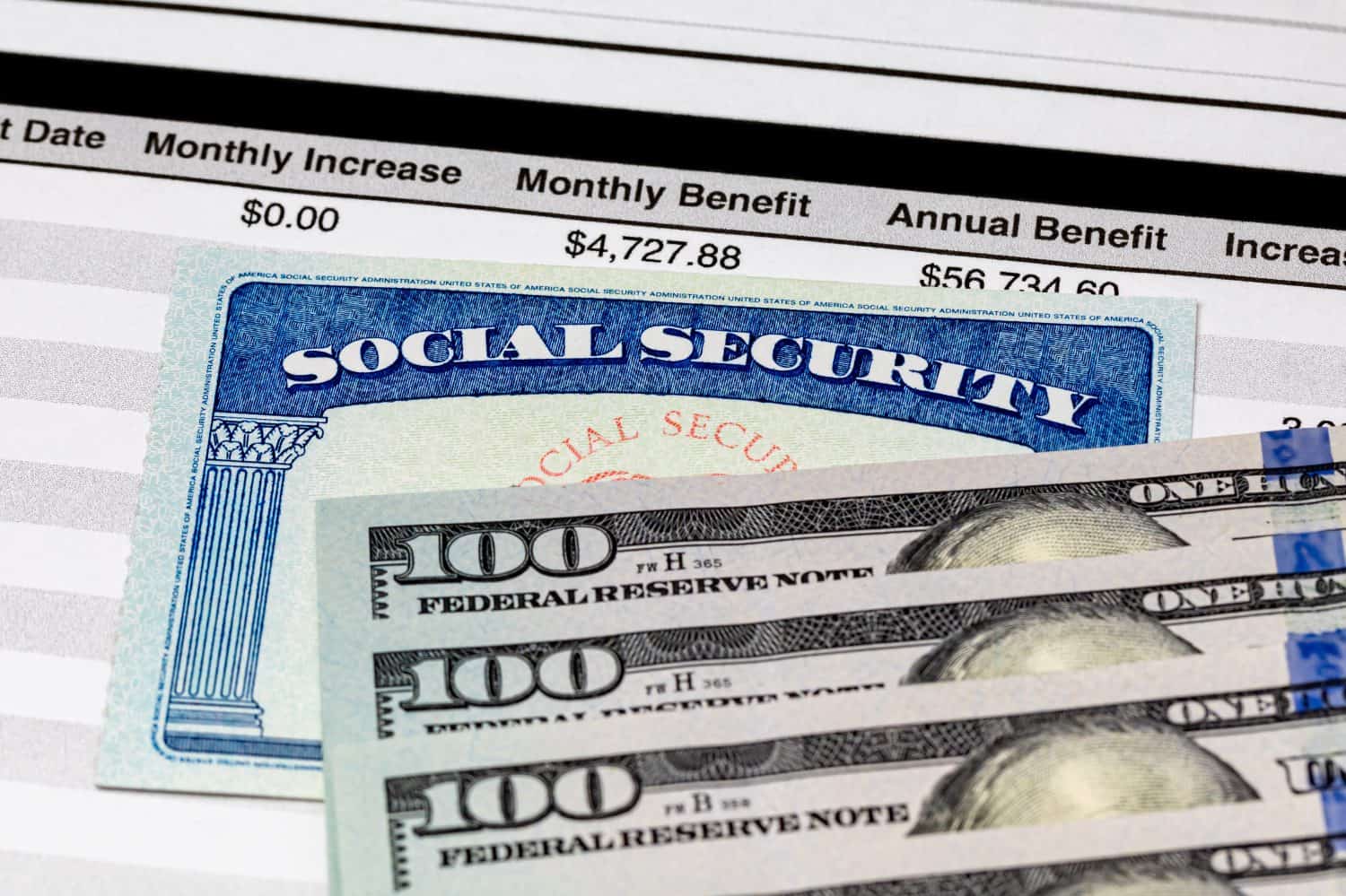
If you’re interested in annuities, you may want to consider paying for a COLA rider. This rider ensures that your annuity payouts grow at the rate of inflation. Social Security paychecks have this feature built into them, allowing you to receive annual pay bumps.
People who are still planning their retirement shouldn’t depend on Social Security. It’s ideal if you do your retirement planning as if your portfolio must do all of the work. However, retirees who lean on Social Security paychecks can find solace that they go up every year.
Consider a Part-Time Job

Returning to the workforce isn’t an option for every retirees. With that said, people who are having a tough time keeping up with expenses may want to consider this option if it is viable.
Working part-time is more manageable than a full-time job and still gives you plenty of time to enjoy retirement. Furthermore, you will get to meet new people. A part-time job can give you a sense of purpose and combat social isolation. While tapping into these potential benefits, you’ll also have more cash to cover monthly expenses and make your retirement more smooth.
The post 78% of Workers Now Fear Inflation Will Erode Their Retirement Security appeared first on 24/7 Wall St..



























































